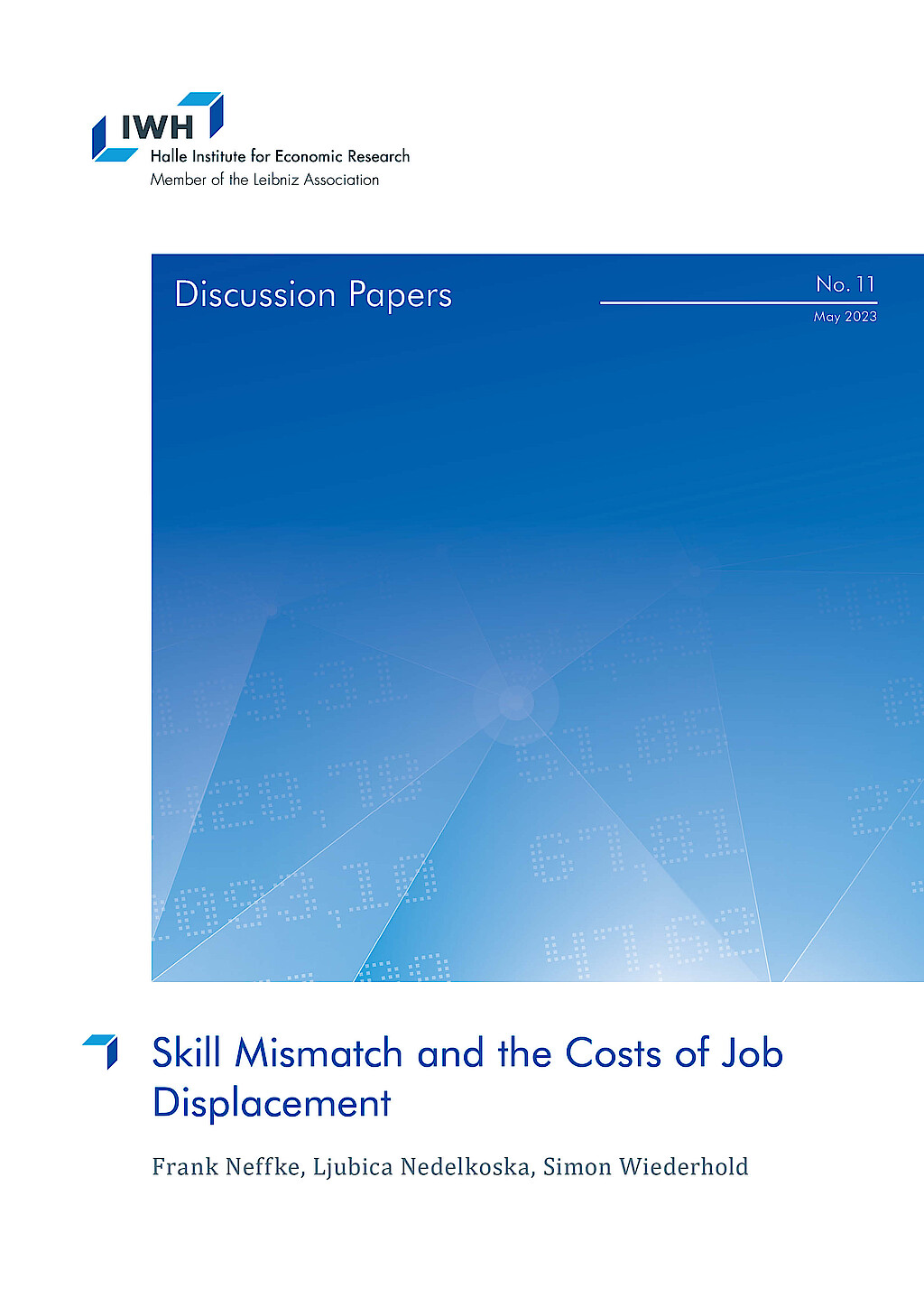
Skill Mismatch and the Costs of Job Displacement
Establishment closures have lasting negative consequences for the workers they displace from their jobs. We study how these consequences vary with the amount of skill mismatch that workers experience after job displacement. Developing new measures of occupational skill redundancy and skill shortage, we analyze the work histories of individuals in Germany between 1975 and 2010. We estimate differencein- differences models, using a sample of displaced workers who are matched to statistically similar non-displaced workers. We find that displacements increase the probability of occupational change eleven-fold. Moreover, the magnitude of postdisplacement earnings losses strongly depends on the type of skill mismatch that workers experience in such job switches. Whereas skill shortages are associated with relatively quick returns to the counterfactual earnings trajectories that displaced workers would have experienced absent displacement, skill redundancy sets displaced workers on paths with permanently lower earnings. We show that these differences can be attributed to differences in mismatch after displacement, and not to intrinsic differences between workers making different post-displacement career choices.





